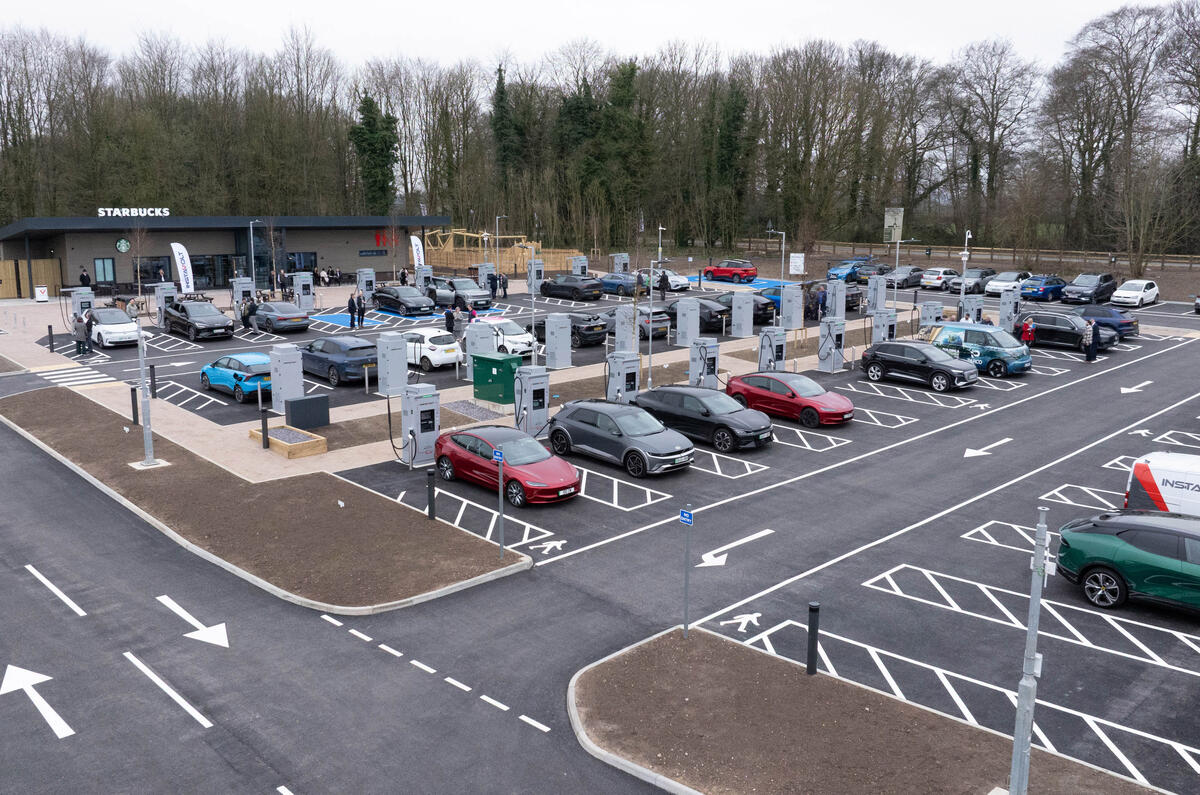Car makers will be able to self-register eligible electric cars and receive the government's new Electric Car Grant (ECG), Autocar can reveal.
Through the likes of demonstrators, employee vehicles sold through employee car ownership schemes and even press demonstrator vehicles, car makers will receive up to £3750 from the ECG purse, so long as the Office for Zero Emission Vehicles is informed, a Department for Transport (DfT) spokesperson has confirmed to Autocar.




Join the debate
Add your comment
I dont think there is any danger of anyone flipping a nearly new EV for a profit!